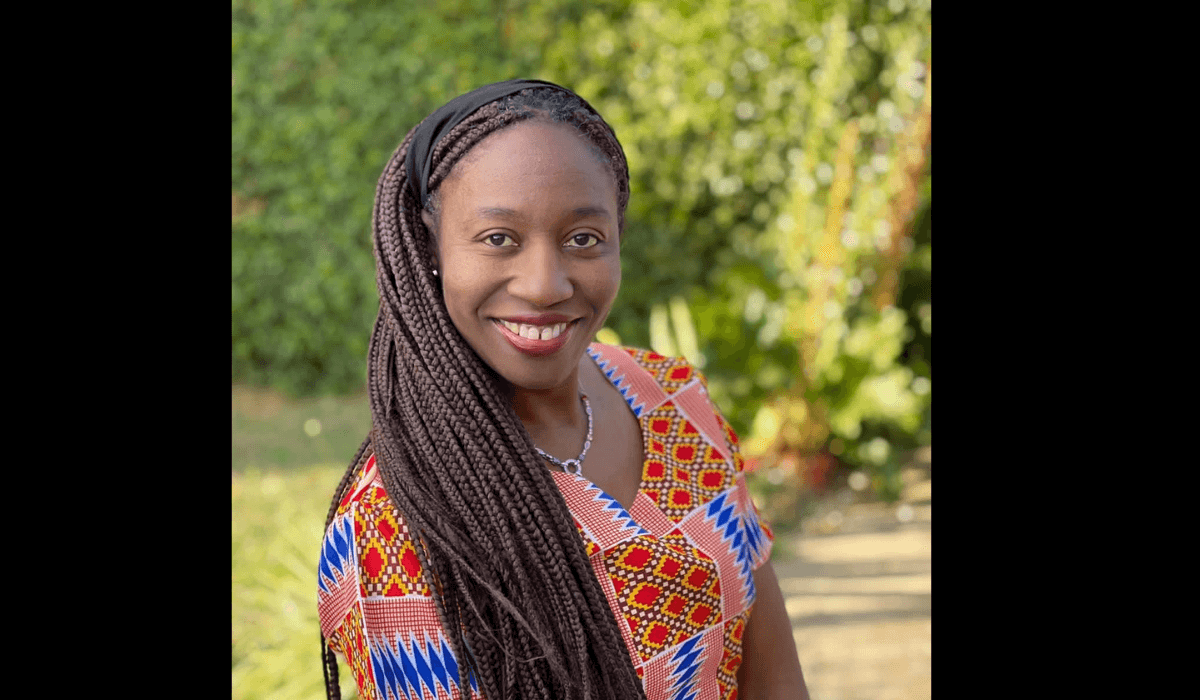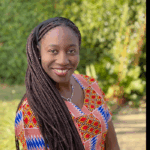The reality of single missionaries
Shirley Chirima

Listen to this article
At the end of a training, I spoke with Eman, a single woman in her late thirties currently serving among her people in North Africa. She navigates the cultural and religious tensions with ease and has built deep relationships with the women and children. She shared how often she faced the question, “When will you settle down and get married?” as if her remarkable life of sacrifice and impact wasn’t enough. The cultural pressure for her to marry is one great discouragement in all she does. In Africa, marriage is not simply a personal decision; it’s a cultural expectation and a milestone that marks maturity, status, and blessing.
Eman’s story isn’t unique. Across Africa and beyond, single men and women, especially women1, quietly shape the face of global missions. Yet, their stories often remain on the sidelines with their challenges overlooked, and their contributions under-celebrated.
Singleness in missions refers to individuals serving God cross-culturally or within their home nations who are unmarried by choice, circumstance, or calling. While singleness can be viewed with suspicion or pity in many African cultural contexts, it often becomes a gateway to remarkable flexibility, mobility, and devotion in missions.
Numerous African single missionaries serve faithfully across the continent and beyond. Organizations like CAPRO, WEC, YWAM, and OM have sent many single men and women from Africa to unreached regions. They serve in places where families would struggle to go. They plant churches, translate Scripture, mentor youth, and pioneer new ministries. Their singleness is not a limitation but an asset, an invitation to a deeper dependence on Christ and a wider embrace of spiritual family.
Their singleness is not a limitation but an asset.
Yet, these missionaries face unique challenges. From financial instability and emotional loneliness to assumptions about their calling or character, many African single missionaries face a blend of cultural and organizational challenges that often go unaddressed. In many communities, singleness is misunderstood or stigmatized, especially for women. Mission structures usually prioritize families, leaving singles with limited support. Many struggle with invisibility in the field and within leadership circles.
Despite these experiences, single missionaries bring remarkable flexibility, deep community engagement, and spiritual resilience to their work. Their contributions are vital, but they need intentional support and greater recognition to thrive.
The Apostle Paul emphasizes the advantage of singleness in 1 Corinthians 7:32-35. I have found this to be true, though not always easy. It is a gift that allows me to serve in otherwise impossible ways. It can be one of life’s richest seasons of wholehearted obedience, anchored identity, and adventurous faith. As the African missions movement grows, we must pause and reflect on an often-overlooked group within our communities: singles!
Are we, as mission agencies and churches, intentionally creating space for single men and women to participate and truly flourish in ministry? Are we equipping ourselves to support them spiritually, emotionally, and practically? Are we willing to honour their stories, amplify their voices, and allow their insights to shape how we think about missions in Africa and beyond? As we envision a vibrant, inclusive future for African missions, these questions demand thoughtful and urgent attention.
In this issue of AfriGO, a Southern African candidly shares her experiences as a single missionary serving in Asia. In our Called segment, Malawian Francis Kuntenga reveals how his choice to be single aids the fulfilment of his missionary calling. In our Perspective article, Emilia Ogigirigi delves into the difficulties single missionaries face due to their unmarried statuses. And in our Training article, we explore how to support single missionaries as they respond to God’s call. Enjoy reading and share with others!
1According to www.desiringgod.org/interviews/why-are-women-more-eager-missionaries, 80 to 85 per cent of single missionaries are women.
AfriGO magazine encourages the African church to send, support and pray for African missionaries.

Shirley Chirima has served with Youth With A Mission (YWAM) since 2000 and is part of their Frontier Missions Core Leadership and their South Central Africa Eldership teams. With a strong call to mobilization and training, she facilitates the YWAM God’s Story DTS (Oral Discipleship Training School), equipping missionaries for oral cultures. Shirley invests in emerging leaders and advocates for missions to the world’s most desperate people.
 here
here